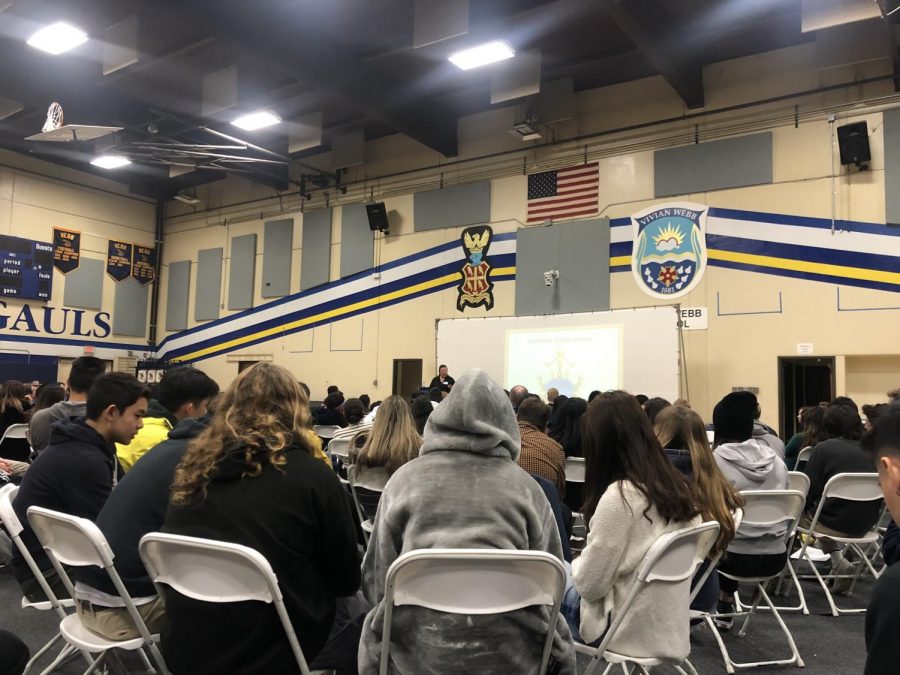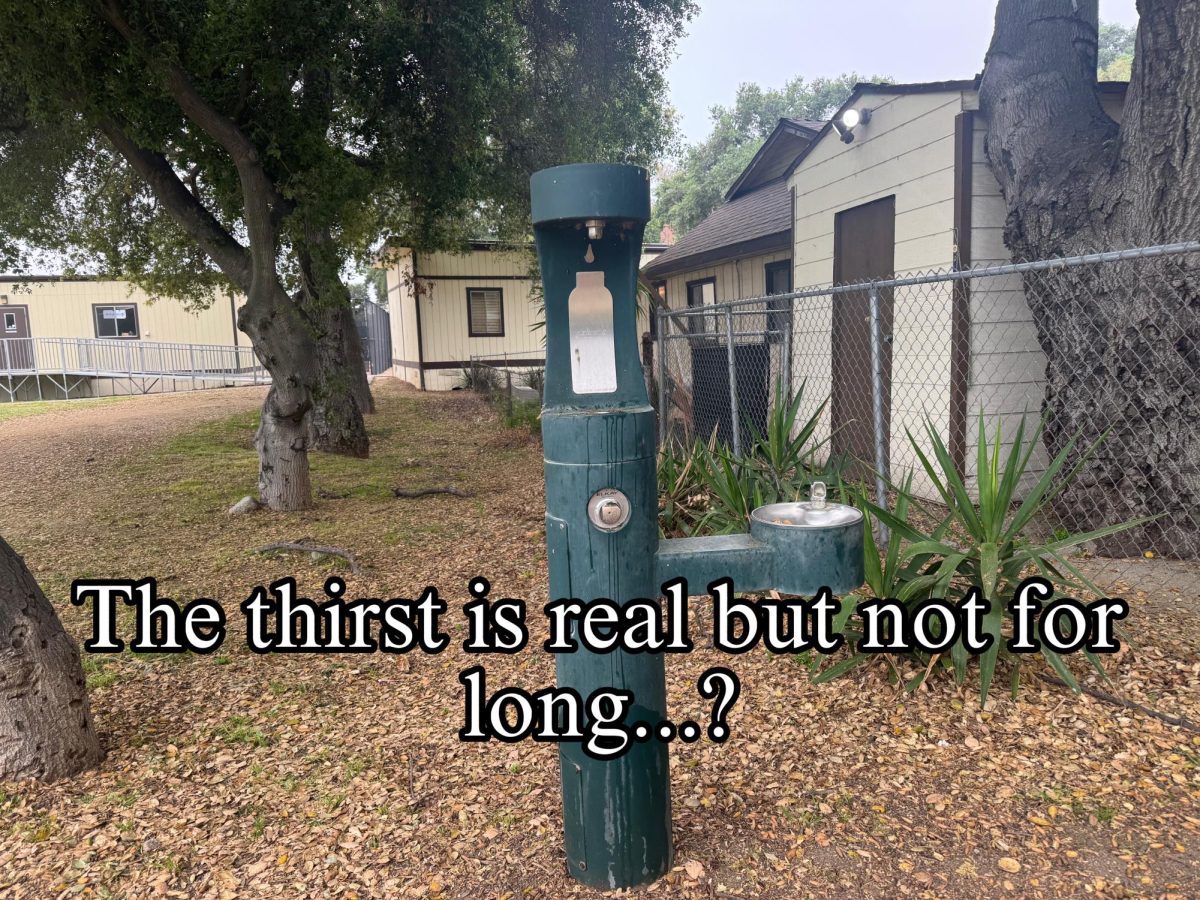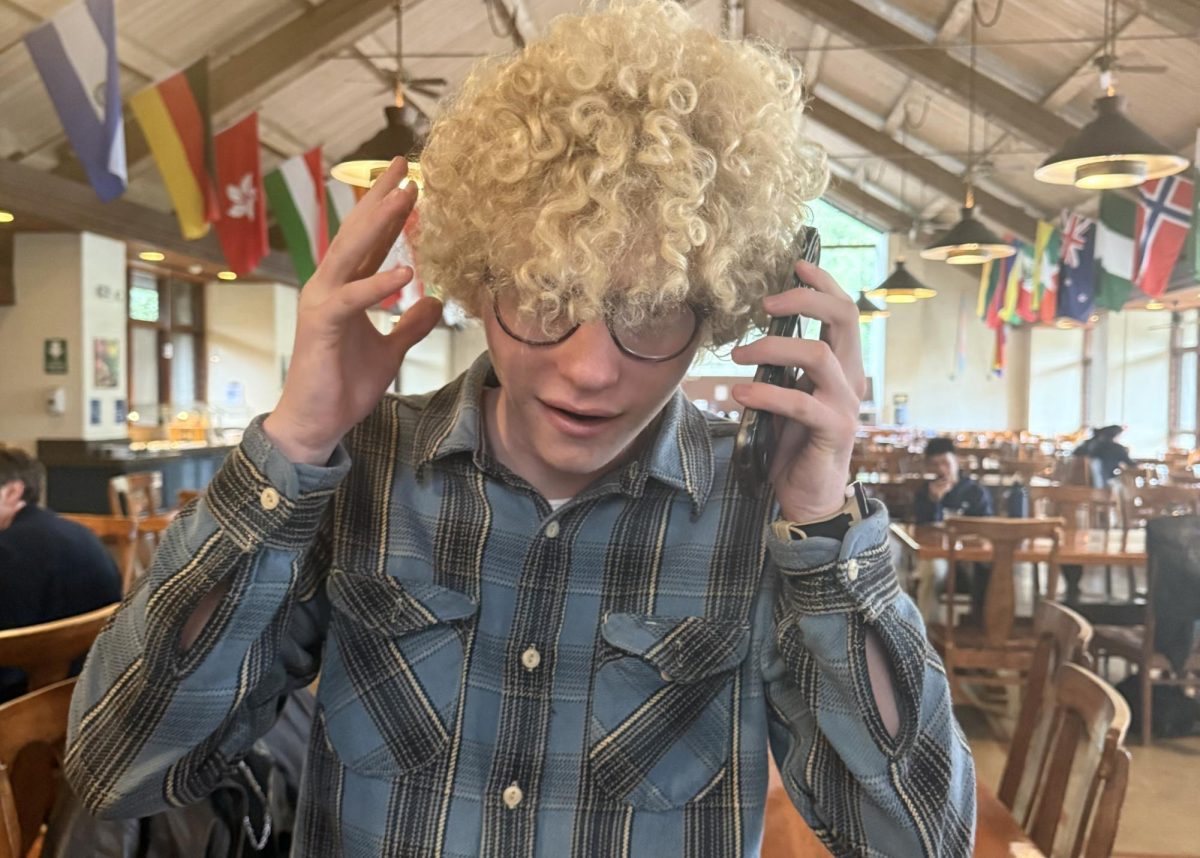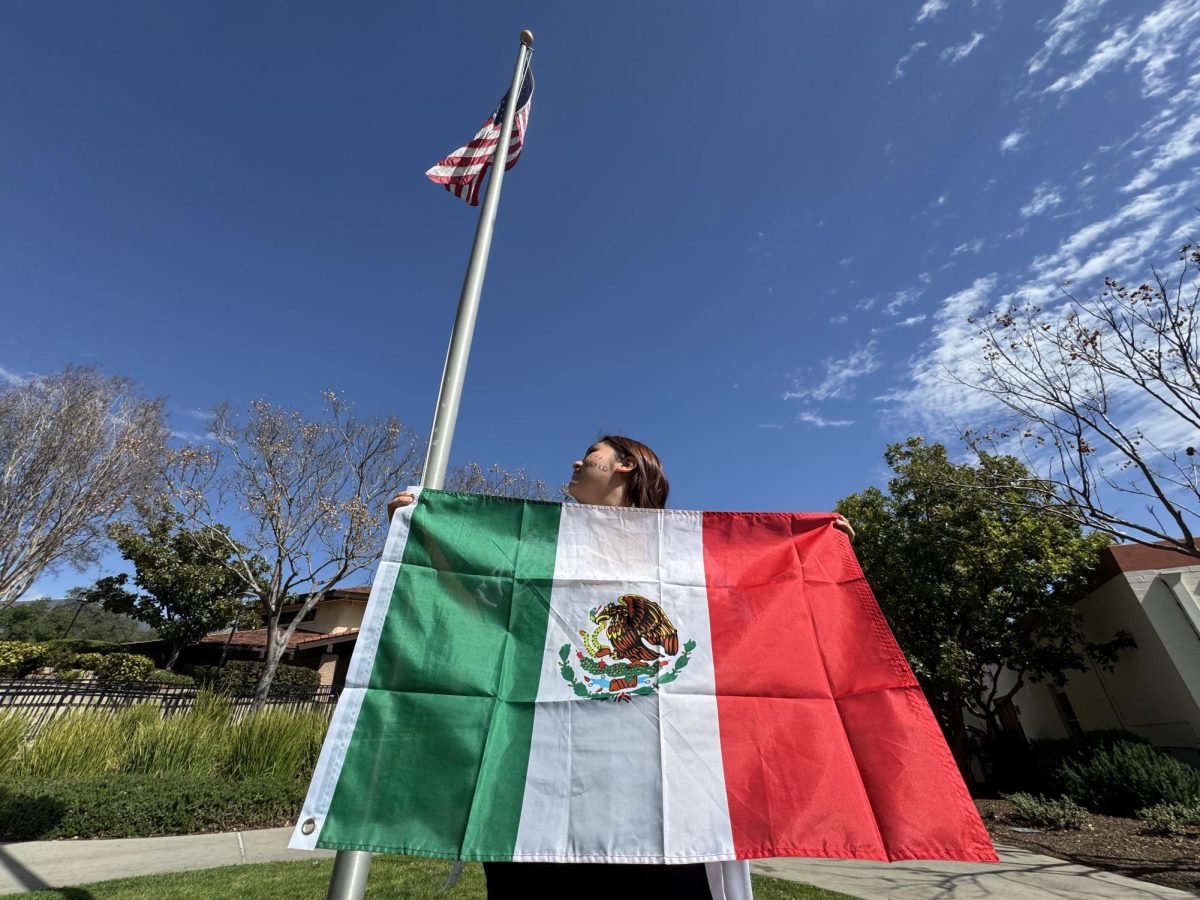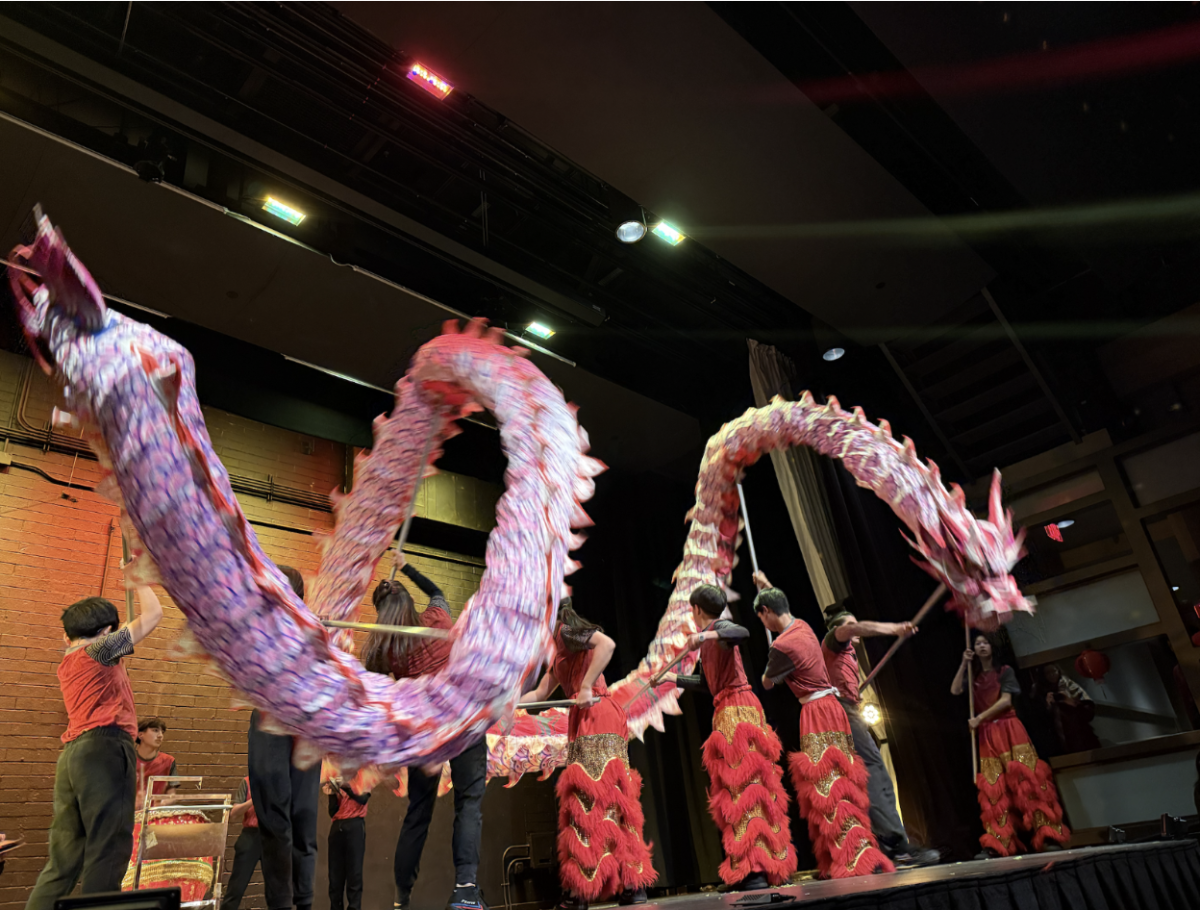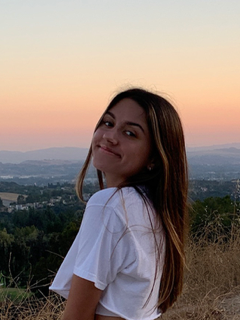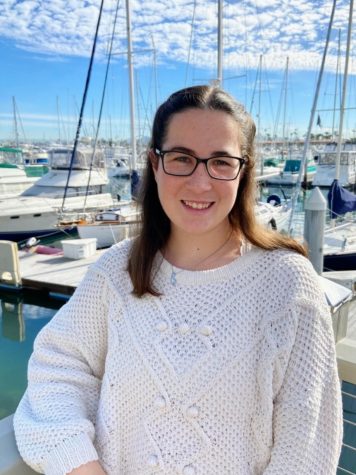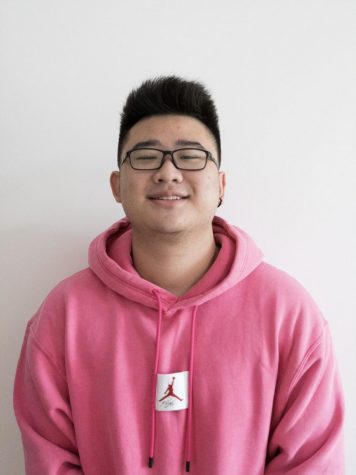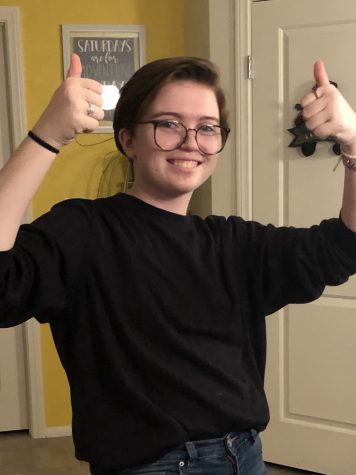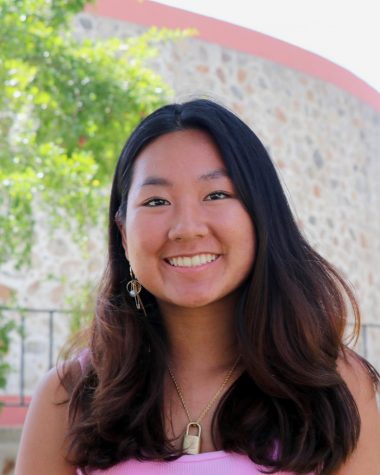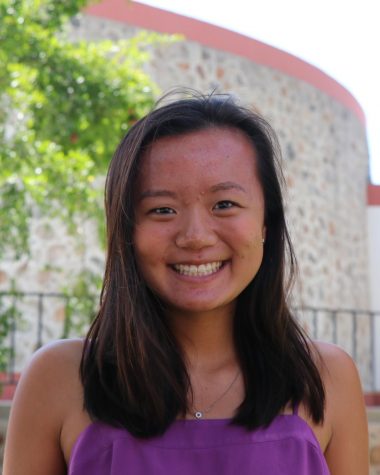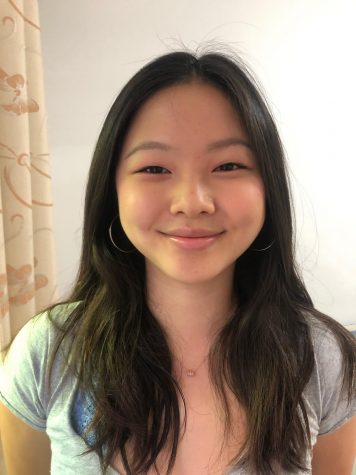Sometimes we find ourselves in a difficult pattern of not wanting to offend the people we talk to, while still wanting to remain honest and kind. Learning about how to properly convey one’s ideas helps ensure that the people within the conversation can understand the content without taking offense. To help the students, families, and faculty of Webb better develop this skill, speaker Rosetta Lee visited the campus on January 7th and 8th to share what she has learned as a diversity speaker, teacher, and counselor.
On the first day back from winter break, students adopted a modified schedule to accommodate Rosetta Lee’s presentation on courageous conversations. Administrators modified the schedule to allow for the two-hour assembly, pushing B block to after lunch and shortening all three blocks to an hour. Administrators also canceled WSC chapel and VWS advisory.
In the assembly, students were split into 40 different groups, each with 10 to 11 students and a faculty member. They were given 10 minutes to discuss questions such as, “What are some personal or professional environment challenges for authentic dialogue?” and “How can you use the be ‘A DEAR’ tool to initiate conversations in our professional and personal life?”
“When we started making our diversity and inclusion statement, we had a lot of discussions about the training that our community needed to embrace challenging conversations,” said Dr. Theresa Smith, Assistant Head of Schools. “We started looking for an expert and quickly found that Rosetta Lee was the best person. She speaks about how everyone has a role to play in thinking about the privileges they have, the responsibilities they have, the ways that they are marginalized, and leaning into the necessary conversations.”
“Last year, we had an assessment of inclusivity and multiculturalism and a full survey with the community the creation of diversity and inclusion community, and that group has the data with the survey and the administration team and what kind of work we need to do next,” said Dr. Smith.
Ms. Lee spoke to faculty about culturally competent communication and building inclusive classroom practices on January 7th, the day that students arrived for the second semester. She spoke to Webb parents that evening about cross-cultural communication.
“The session for parents was informative and focused on the key ideas, theories, and definitions important to understand cross-cultural communication,” said Karl Haushalter, parent of Laura Haushalter (‘21) [Note: Laura is the Webb Canyon Chronicle’s Editor of Sports]. “Personally, I was especially intrigued to learn about the ways that our cultures help to shape both our communication styles and our expectations of others. Above all, I left with a sense of being patient with others and not jumping to assumptions based on my particular cultural frame of reference.”
“I was educated by being highly attentive of what I say to others,” said Claire Diepenbrock (‘21). “While some statements would not particularly offend me, it might be impolite or inappropriate to others. Knowing this, I hope that as a community, we can start to incorporate these daily actions by being kind and respectful, as responsibilities.”
After the speech, Rosetta Lee left the floor open for student questions. Chris Haliburton (‘20) and Chris Conte (‘20) took the mic and proposed new insights and discussions on student privilege.
“The assembly had an important purpose and was a very strong indication of how the school values inclusion and open communication,” said Ken Rosenfeld, Dean of Campus Life. “The school carved out one hour at the beginning of the semester to teach students to interact in a respective, courageous and positive manner. For me, I don’t know if this is exactly what she intended, but during her speech, I sometimes disengaged and drifted to my own stories. Taking away from this experience, I began to replay scenarios and thought about how I could have handled them differently and more effectively.”
This assembly is an important step in making Webb a safe environment for the flow of ideas and opinions, so everyone can feel safe to challenge others ideas and make a difference. These ideas can even be used outside of Webb in everyday life, as participants will try to think before they speak and act responsibly to make decisions without regret.


